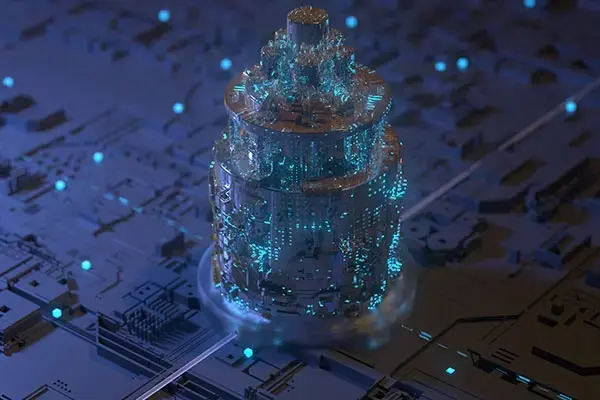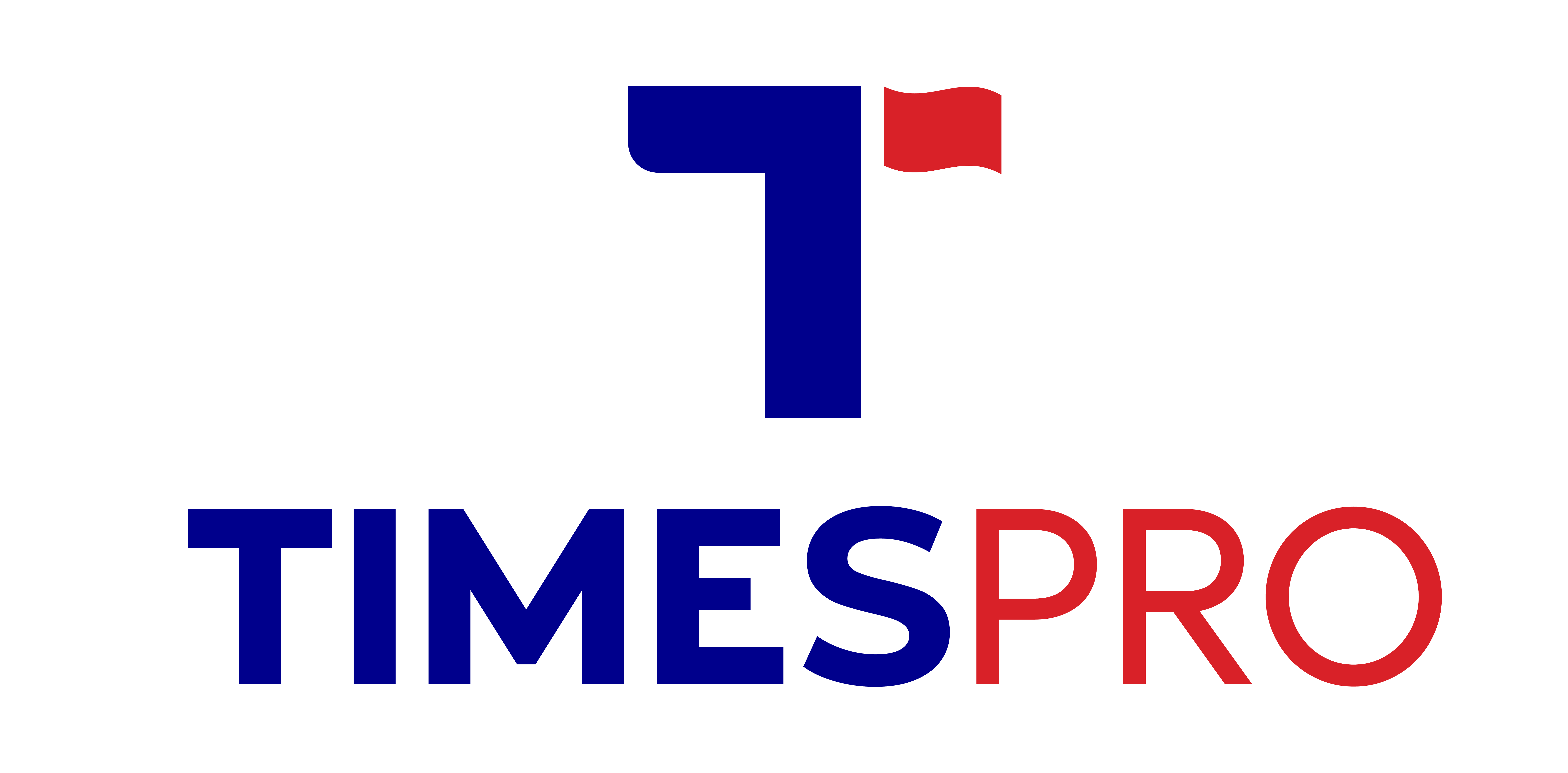IIT Delhi Certification in Quantum Computing & Machine Learning – Batch 05

About Course
IIT Delhi’s Certification in Quantum Computing and Machine Learning equips professionals with the knowledge and skills necessary to excel in the rapidly evolving technological landscape. Participants will gain a deep understanding of quantum mechanics, quantum algorithms, and quantum hardware, as well as proficiency in machine learning models, data analysis, and neural networks. The curriculum is crafted by leading experts in the field, ensuring that it addresses current industry needs and future trends.
What Will You Learn?
- Learn the principalities and nuances of quantum computing
- Understand the differences between conventional computing and quantum computing
- Get equipped with various quantum computing algorithms
- Build a strong foundation in the applications of Quantum Computing and Machine Learning
- Access to the latest industry insights
Course Content
Introduction to Quantum Computing
Students will be equipped with a thorough understanding of the key topics covered in Module 1, enabling them to work with qubits, quantum gates, Dirac notation, and understand the foundational principles of quantum computing.
-
Quantum Bits
-
Dirac Notation
-
Single and Multiple Qubit Gates
-
No Cloning Theorem
-
Quantum Interference
Postulates of Quantum Computing
By the end of this module, students will have a solid grasp of the foundational concepts in quantum computing and be able to apply these principles to solve real-world problems and design quantum algorithms.
-
Quantum State
-
Quantum Evolution
-
Quantum Measurement
-
Bell’s Inequality Test
-
Density Coding
-
Quantum Teleportation
-
BB84 Protocol
-
Quantum error correction
Introduction to Quantum Algorithms
By the end of this module, students will have a solid foundation in quantum algorithms. They will be proficient in using Qiskit and have hands-on experience in implementing key quantum algorithms, including Deutsch-Jozsa, Bernstein-Vazirani, and Simon’s algorithms. This knowledge will enable students to apply quantum algorithms to solve problems efficiently and understand their quantum advantage in specific use cases.
-
Qiskit
-
Deutsch-Jozsa Algorithm Implementation
-
Bernstein-Vajirani Algorithm
-
Simon’s Algorithm
Quantum Fourier Transform and Related Algorithms
By the end of this module, students will have a comprehensive understanding of the Quantum Fourier Transform and its applications in quantum algorithms. They will be proficient in using Qiskit to implement these algorithms and tackle real-world problems in quantum computing, including cryptography and search tasks.
-
Quantum Fourier Transform
-
QFT implementation in Qiskit
-
Quantum Phase Implementation
-
Quantum Phase Estimation in Qiskit
-
Shor’s Period Finding Algorithm
-
Grover’s Search Algorithm
Quantum Machine Learning
By the end of this module, students will have a solid grasp of quantum machine learning techniques and their practical implementation. They will be equipped with the skills to use quantum algorithms for data encoding, linear system solving, regression, clustering, dimensionality reduction, and classification, ultimately enhancing their ability to address complex machine learning challenges.
-
Data Encoding
-
HHL Algorithm
-
HHL Algorithm Implementation
-
Quantum Linear Regression
-
Quantum Swap Test Subroutine
-
Swap Test Implementation
-
Quantum Euclidean Distance Calculation
-
Quantum K-Means Clustering
-
Quantum Principal Component Analysis
-
Quantum Support Vector Machines
-
SVM Implementation using Qiskit
Quantum Deep Learning
By the end of this module, students will have a strong understanding of quantum deep learning concepts and practical implementation. They will be able to design, train, and evaluate hybrid quantum-classical neural networks for classification tasks, especially on near-term quantum hardware, enhancing their capabilities in quantum-enhanced machine learning and deep learning.
-
Hybrid Quantum-Classical Neural Networks
-
Classification using Hybrid Quantum-Classification Neural Network
-
Quantum Neural Network for Classification on Near-Term Processors
Quantum Variational Optimization & Adiabatic Methods
By the end of this module, students will have a comprehensive understanding of quantum variational optimization techniques and adiabatic methods. They will be able to implement quantum algorithms like VQE, QAOA, and apply them to solve problems in quantum chemistry, graph clustering, optimization, and finance. This knowledge will empower students to leverage quantum computing for practical problem-solving across various domains.
-
Variational Quantum Eigensolver
-
Expectation Computation
-
Implementation of the VQE Algorithm
-
Quantum Max-Cut Graph Clustering
-
Quantum Adiabatic Theorem
-
Quantum Approximate Optimization Algorithm
-
Quantum Algorithm for Finance
Qiskit-based programming
Projects
-
Hybrid Quantum Neural Networks for Remote Sensing Imagery Classification
-
Analysis and Implementation of Quantum Encoding Techniques
-
Quantum Convolutional Neural Network for Classical Data Classification
-
Prediction of Solar Irradiation Using Quantum Support Vector Machine Learning Algorithm
-
To Solve Any Combinatorial Optimisation Problem (Like Knapsack) Using a Quantum Annealing Approach
-
Comparitive Study of Data Preparation Methods in Quantum Clustering Algorithms
-
To Calculate the Ground State Energy of a Simple Molecule (H2, LiH, or H2O) Using VQE
-
Variational Quantum Classifier
-
Implementing Grover’s Algorithm and Proving Optimality of Grover’s Search (Bounded Error and Zero Error)
-
To Implement Grover’s Search Algorithm Where 1101 Is the Marked State
-
Quantum Computing for Finance
-
To Solve Crop-Yield Problem Using QAOA and VQE, and Run the Same on Real Quantum Computer
-
Analysis of Solving Combinatorial Optimisation Problems on Quantum and Quantum-like Annealers
-
Quantum Convulational Neural Network for Classical Data Classification
-
Research on Quantum Computing Usage to Expedite the Drug Discovery Process (Life Sciences).
-
To Implement Shor’s Code in Qiskit with Noise Models
-
To Understand and Implement Quantum Counting
-
Enterprise Intelligence – Managed Services with Quantam Computing
-
On-ground Implementation of Quantum Key Distribution in Indian Navy
-
Implementing MC Simulations Using Quantum Algorithm (Financial Domain)
-
To Design and Build an Educational Game Using Fundamentals of Quantum Computing
-
Solving Travelling Salesman Problem Using QAOA
-
Implementing Clinical Data Classification by Quantum Machine Learning (QML)
-
To Understand and Implement Quantum Carry-Save Arithmetic
-
Implementing Any One Quantum Algorithm and Understanding Classical vs Quantum Hardness of Problems
-
To Implement Shor’s Algorithm to Factor 49
-
To Understand and Implement Grover Search-based Algorithm for the List Coloring Problem
-
Optimisation Problem Where We Try to Find the Best Solution to Coal
-
Overburden Problem with Depth and Coal Quantity Mined
-
Implementing HHL Algorithm and Proving BQP-completeness of Matrix Inversion
-
Quantum Convolutional Neural Network-based Medical Image Classification
-
Quantum Convolutional Neural Network
-
Quantum Computing for Finance
-
Differential Detection of Internal Fault of an Electrical Network: A Comparison with Classical vs Quantum Approach Major Area: Implementing Any One Quantum Algorithm and Understanding Classical vs Quantum Hardness of Problems
-
Quantum Computing and Information Security
-
Feature Selection in Machine Learning Using Quantum Computing
